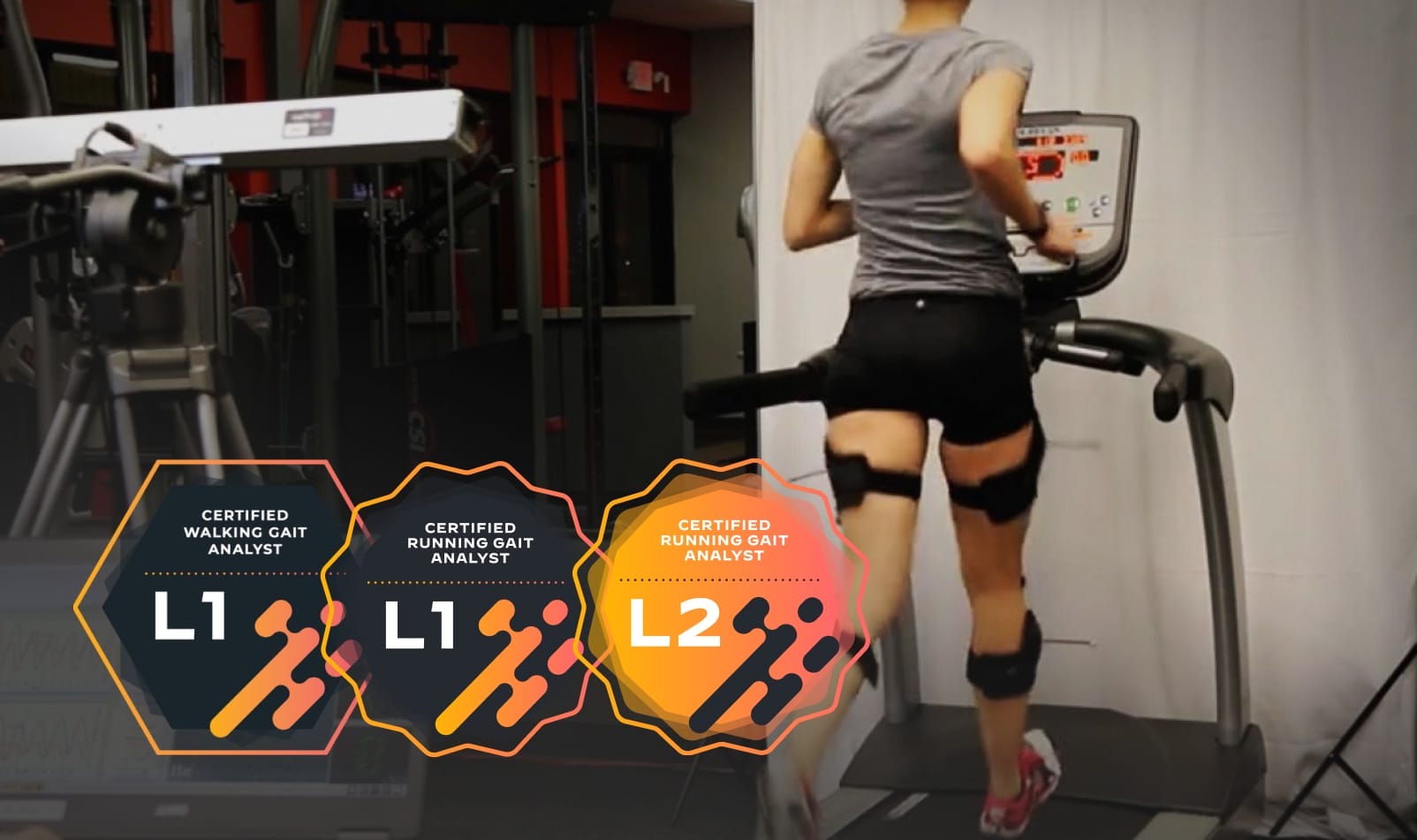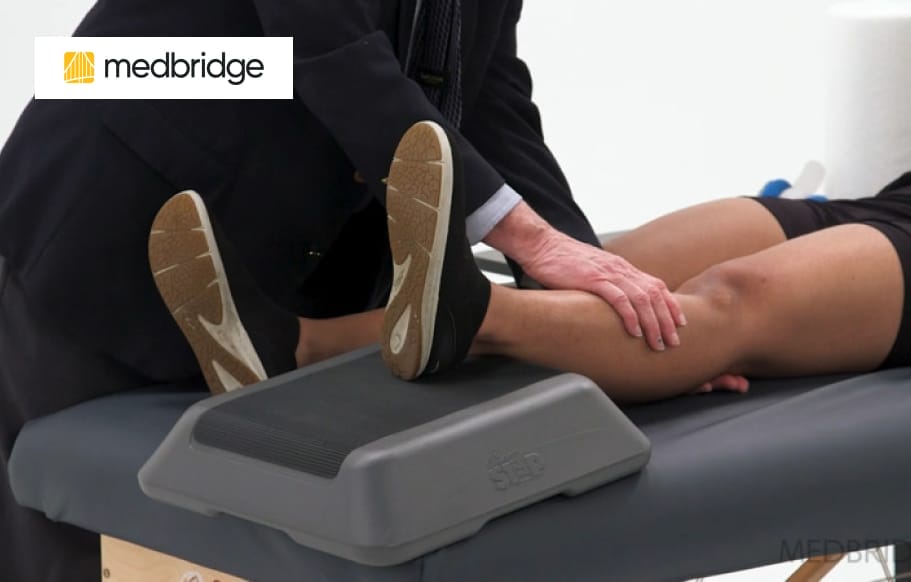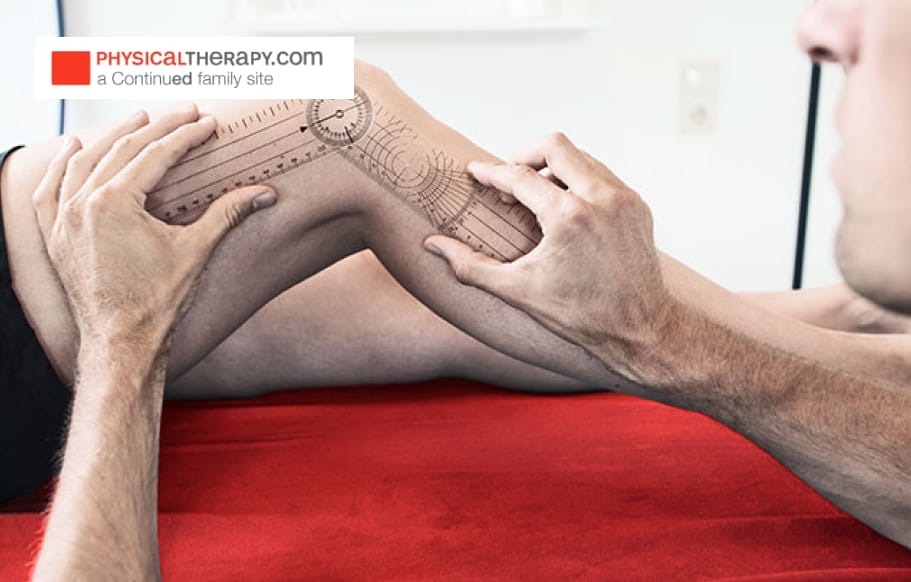Continuing Education Units (CEUs) play a vital role in every physical therapist’s career, ensuring they stay current with industry standards and advancements. More than just a licensure requirement, CEUs offer opportunities for growth, enabling PTs to deepen their expertise and enhance patient care.
This comprehensive guide explores everything you need to know about physical therapy CEUs, from understanding state requirements to finding top online courses that fit your goals and budget.
What Are Physical Therapy CEU Courses?
CEUs are essential credits for physical therapists (PTs) to earn through various accredited sources—courses, workshops, and seminars—are a required component of physical therapy practice. CEUs are not optional; they are necessary for license renewal, as most state boards require a certain number of CEUs within a specific time frame.
CEUs serve two purposes. First, they comply with state licensing requirements. Second, they promote professional development. PTs who complete regular CEU courses enhance their skills, learn best practices, and learn about new developments in the field of physical therapy. Continuing education is essential for PTs who want to advance their careers and provide optimal care. Staying current is essential for success in the dynamic healthcare industry.
Requirements for Physical Therapy CEUs by State
Each state has its own set of rules regarding the number of CEUs, course formats, and provider approvals. Some states may require PTs to complete a certain number of CEUs every year, while others may require CEUs every two or three years. Some states also specify topic areas, such as ethics or infection control, that must be covered in CEU courses.
For the hours required by your state per year and the license expiration date, refer to our chart below:
| State | Hours Per Year | Expiration Date |
|---|---|---|
| Alabama | 10 hours | September 30 |
| Alaska | 24 hours (every two years) | June 30 |
| Arizona | 20 hours (every two years) | August 31 of even years |
| Arkansas | 10 hours (every two years) | March 1 on odd-numbered years, but must be completed by December 31 |
| California | 30 hours (every two years) | The day after your license expires |
| Colorado | 30 hours (every two years) | November 1 of even-numbered years |
| Connecticut | 20 hours | The day following the last day of your birth month |
| Delaware | 30 hours (every two years) | January 31 of odd-numbered years |
| Florida | 24 hours (every two years) | November 30 of odd-numbered years |
| Georgia | 30 hours (every two years) | January 1 of even-numbered years |
| Hawaii | 30 hours (every two years) | January 1 of odd-numbered years |
| Idaho | 16 hours | Annually, on the license issue date |
| Illinois | 40 hours (every two years) | October 1 of even-numbered years |
| Indiana | 22 hours (every two years) | July 1 of even-numbered years |
| Iowa | 40 hours (every two years) | On the 15th day of the licensee’s birth month every two years |
| Kansas | 40 hours (every two years) | By December 31 of even-numbered years |
| Kentucky | 40 hours (every two years) | April 1 of odd-numbered years |
| Louisiana | 30 hours (every two years) | April 1 |
| Maine | Does not require continuing education | N/A |
| Maryland | 30 hours (every two years) | March 31 |
| Massachusetts | 24 hours (every two years) | September 1 of even-numbered years |
| Michigan | 24 hours | July 1 |
| Minnesota | 20 hours (every two years) | January 1 |
| Mississippi | 30 hours (every two years) | July 1 |
| Missouri | 30 hours (every two years) | January 31 of even-numbered years |
| Montana | 30 hours (every two years) | April 1 |
| Nebraska | 20 hours every two years | November 1 of odd-numbered years |
| Nevada | 15 hours | August 1 |
| New Hampshire | 24 hours (every two years) | Two years after the date of issuance |
| New Jersey | 30 hours (every two years) | February 1 of even-numbered years |
| New Mexico | 30 hours (every two years) | February 1 of even-numbered years |
| New York | 36 hours (every three years) | The last day of your birth month every three years |
| North Carolina | 30 hours (every two years) | January 31 of odd-numbered years |
| North Dakota | 25 hours (every two years) | February 1 |
| Ohio | 24 hours (every two years) | January 31 of even-numbered years |
| Oklahoma | 40 hours (every two years) | January 31 of even-numbered years |
| Oregon | 24 hours (every two years) | April 1 of even-numbered years |
| Pennsylvania | 30 hours (every two years) | December 31 of even-numbered years |
| Rhode Island | 24 hours (every two years) | March 31 of even-numbered years |
| South Carolina | 30 hours (every two years) | January 1 of odd-numbered years |
| South Dakota | 15 hours | January 1 |
| Tennessee | 30 hours (every two years) | Expires based on licensure month every two years |
| Texas | 30 hours (every two years) | Expires based on licensure month every two years |
| Utah | 40 hours (every two years) | June 1 of odd-numbered years |
| Vermont | 24 hours (every two years) | October 1 of even-numbered years |
| Virginia | 30 hours (every two years) | January 1 of odd-numbered years |
| Washington | 32 hours (every two years) | License expires every year on your birth date |
| West Virginia | 24 hours (every two years) | December 31 |
| Wisconsin | 30 hours (every two years) | February 28 of odd-numbered years |
| Wyoming | 30 hours (every two years) | October 1 every year |
Top Online Physical Therapy CEU Courses
When it comes to physical therapy online continuing education courses, it’s important to choose a provider that offers a rich learning experience that helps you advance your skills and your career.
Here are some of the top platforms to choose from, each offering high-quality online physical therapy CEUs, flexible learning options, and a wide range of topics to fit every physical therapist’s interests.
RunDNA

RunDNA is a premier platform for physical therapists aiming to specialize in running biomechanics and gait analysis. Their comprehensive CE courses are designed to enhance clinical management skills and provide in-depth knowledge applicable to both novice and experienced practitioners.
Level 1 Certified Running Gait Analyst
This foundational course equips therapists with a systematic, practical approach to analyzing running form and addressing common mobility and strength deficits in runners. Participants learn to identify five primary categories of running gait impairments and utilize the Runner Readiness Assessment to evaluate functional movement. The course includes detailed corrective programs and offers 5 CEU hours upon completion.
Level 2 Certified Running Gait Analyst
After course completion of Level 1, this advanced course delves into complex gait analysis cases, covering twelve categories of running gait impairments. Therapists gain expertise in loading levels, gait retraining, plyometrics, strength training, and the role of rest in recovery. This one course provides 7 CEU hours and prepares participants to handle intricate running-related injuries and performance issues with manual therapy.
Level 1 Certified Walking Gait Analyst
Focusing on walking biomechanics, this course teaches therapists to analyze walking gait and develop individualized programs to improve motor control, mobility, and technique. It includes a deep dive into walking biomechanics, a Gait Capacity Screen, and detailed corrective programs, offering 6 CEU hours.
MedBridge

With a great reputation and a wide selection of new courses designed specifically for physical therapists’ professional development, MedBridge offers a learning experience that’s engaging and effective. Video demonstrations, case studies, and detailed learning guides make your courses more interactive while tracking features help you see how you’re progressing. MedBridge offers a full spectrum of topics with 2,035 courses, ranging from Physical Therapy for Multiple Sclerosis: Foundations and Evaluation to Geriatric Practice: Screening for Cardiopulmonary Compromise.
All courses are based on evidence-based practice and cover the latest practical techniques, technologies, and treatment. The user-friendly website offers downloadable resources and a mobile app, making MedBridge a great choice for PTs on the go.
MedBridge has three membership options:
- Student: $100/year
- Education: $275/year
- Premium: $325/year
PhysicalTherapy.com

With an annual fee, PTs can have unlimited access to courses on PhysicalTherapy.com, making it a cost-effective option if you need to complete a large number of CEUs. With courses in neurological rehabilitation, sports therapy, pain management, and more, PhysicalTherapy.com offers a wide range of topics to fit every physical therapist’s interests. Courses are updated regularly to reflect the latest practical strategies, practices, and research, and the website is easy to navigate. PTs can track their progress and complete their CEUs quickly and easily, and the site is a great resource for staying current with the latest industry developments to improve outcomes for patient care.
Here are some courses PhysicalTherapy.com offers:
- Re-Imagining PT and OT Assessments as a Targeted Treatment Tools: Adult Applications, Part 1
- Strategic Application of Group and Concurrent Therapy in Long-Term Care
- Diagnostic Imaging for Healthcare Providers
Memberships are available for $129/year.

HomeCEUConnection
HomeCEuConnection is known to be one of the most versatile CEU providers on the market, with a wide variety of course formats to choose from. Physical therapists and physical therapist assistants appreciate the ability to choose from live webinars, self-paced courses, and more, with the courses being specifically tailored to each state.
Memberships available for $247.
Cheap Physical Therapy CEU Courses
If your a physical therapist or physical therapist assistant, you can fulfill their Continuing Education Unit (CEU) requirements without incurring significant expenses. Numerous reputable providers offer free or cheap physical therapy CEUs, enabling therapists to stay current with industry developments and maintain licensure economically.
RunDNA
RunDNA offers a complimentary course titled “Essential Elements of Running,” providing one hour of CEU credit. This course is designed to enhance understanding of running biomechanics and is an excellent resource for physical therapists seeking to expand their knowledge in online continuing education without financial commitment.
CheapCEUs.com
CheapCEUs.com specializes in low-cost CEU courses for your professional development, with prices starting as low as $10 per credit hour. They offer a variety of topics, including ethics, geriatric treatment, and pain management for patient care, allowing therapists to select new courses that align with their professional interests and requirements.
Some courses they offer are:
- Assessing Motion, Strength, & Balance – PT (non-live) (3 hours of CEU time for $34.95)
- Brachial Plexus Injuries – PT (3 hours of CEU time for $29.95)
- Chronic Obstructive Pulmonary Disease – PT (3 hours of CEU time for $29.95)
Summit Professional Education
Summit Professional Education offers high-quality courses at competitive prices, covering areas like neurological rehabilitation, like their course Effective Neurological Treatments Post-Stroke and orthopedic therapy, like their course Orthopedic Regenerative Injections. They frequently provide regional discounts and special pricing on live webinars and on-demand video courses, catering to therapists with diverse learning preferences.
Summit Professional Education has unlimited access to CEU courses starting at $49.99 per one course, with subscriptions starting at $269.99/year.
Allied Health Education
Allied Health Education features a convenient pay-as-you-go model with a wide range of affordable courses, including live webinars, on-demand webinars, and seminars. They often provide discounts on course packages, and individual courses are available at affordable rates, making it a flexible choice for therapists managing varying CEU needs.
They offer three plans for CEU courses:
- On-demand Webinar Subscription Plan: $219/year
- Live Webinar Subscription Plan: $239/year
- Live and On-demand Webinar Subscription Plan: $259/year
Physical Therapy CEU Course Topics to Enhance Your Practice
Continuing education in physical therapy spans a broad range of topics, allowing therapists to deepen their expertise in foundational areas while exploring emerging and specialty fields. Here are key course topics that can benefit any physical therapist seeking to improve patient outcomes and stay current with industry advancements.
Core Topics
These foundational subjects are relevant to all physical therapists, regardless of specialty. Courses in these areas help build a strong, evidence-based practice.
- Manual Therapy Techniques: Courses on manual therapy, like Primal Physical Therapy’s Primal Foundation course ($115 for 18.5 CEU hours) focus on hands-on skills like joint mobilization, soft tissue manipulation, and myofascial release, which are essential for addressing musculoskeletal issues.
- Pain Management and Treatment Modalities: Pain science management courses, like Persistent Pain: Comprehensive Management ($695 for 16 CEU hours) cover a range of treatment techniques, from heat and cold therapy to electrical stimulation and dry needling, equipping PTs with effective approaches to reduce patient discomfort.
- Evidence-Based Practice and Outcome Measurement: A course like Evidence-Based Practice 1 ($99 for 8.15 hours of CEU time) can help you learn to apply evidence-based practices and measure patient outcomes, crucial for improving treatment efficacy and maintaining accountability in patient care.
- Running: Courses on running biomechanics, injury prevention, and gait analysis are beneficial for therapists working with runners and other athletes, helping optimize performance and minimize injury risk. RunDNA offers multi-level gait analysis courses—Certified Running Gait Analysis Level 1 (5 CEU hours) and Certified Gait Analysis Level 2 (7 CEU hours)—for PT’s looking to expand their knowledge on running gait.
Emerging Topics
Emerging fields are rapidly changing the physical therapy landscape. Courses in these areas prepare PTs to leverage new tools and adapt to evolving patient needs.
- Telehealth in Physical Therapy: Telehealth courses, such as Teletherapy for the School-Based Therapist (5.0 hours of CEU for $129/year), provide training on virtual patient assessment, treatment adaptations, and ethical guidelines, enabling PTs to extend their services beyond the clinic and adapt to telemedicine trends.
- Biomechanics and Movement Analysis: A biomechanic course like RUNDNA’s Certified Walking Gait Analysis (6 hours of CEU for $299) focus on analyzing movement patterns, gait, and motion capture technology, offering valuable insights for treating and preventing movement dysfunctions.
Tips for Choosing the Right CEU Course
Picking the best CEUs available is one of the most important steps you can take to improve your skills, satisfy licensure requirements, and advance your career.
Here are some smart ways to choose courses that will enhance your practice and help you advance your career.
Define Your Goals and Interests
Begin by assessing your career aspirations and identifying your interests as a physical therapy professional. Are you interested in treating a specific population, such as pediatrics or geriatrics? Do you want to focus on a specific technique, such as manual therapy or sports rehab?
By choosing CEUs that align with your interests or treat the types of patients you work with, you’ll gain skills that you can apply directly to your practice and set yourself up for long-term career success.
Think About the Cost
Continuing education can be expensive, so it’s important to factor cost into your decision-making process. Don’t be tempted by the cheapest option, however. Low cost is not always the same as best value. Some providers offer packages or subscriptions that include multiple CEUs at a lower cost per unit. If you have a high CEU requirement, this can be a great way to save money. Subscribe to a service that offers a variety of topics and you’ll have access to a library of courses as needed. Doing some research and shopping around can you can find high-quality courses at a reasonable price. Look for courses that provide detailed manuals, online tutorials and interactive features. These types of courses offer the biggest bang for your buck.
Check State Licensure Requirements
Licensure requirements for physical therapy CEUs vary from state to state. Some states require more hours than others, and accept different types of content or allow CEUs from a wide range of providers while others are more restrictive.
Before you pay for a course, make sure it is approved by your state board and fits within the type of CEUs you need for your renewal cycle. Some states allow more general topics in certain years and more clinical-focused topics in others, so it’s important to know what your state board allows. Some providers offer courses that are specifically state-approved, so be sure to check course details or ask your provider about state approval.
Think About Learning Style
CEU courses come in a range of formats to suit different learning styles, so consider what works best for you. Are you the type of person who is motivated by live courses? Do you prefer pre-recorded videos or hands-on learning and workshops? Are you a reader who learns best from detailed manuals?
Some providers offer video courses with live demonstrations, while others provide downloadable resources you can study at home. Look for courses that offer multiple formats, such as video and manual, to suit your learning style. If you’re a hands-on person, a workshop or lab may be the way to go. If you’re a visual learner, video or animation-based courses may be most effective. If you learn best by reading, a course with a detailed manual may be best.
Staying Ahead in Physical Therapy with Quality CEU Courses
In a dynamic and evolving field like physical therapy, CEU courses are required because they are essential for maintaining licensure, enhancing skills, and staying informed on the latest developments. By carefully selecting high-quality physical therapy CEU courses that align with your goals, budget, and state requirements, you can ensure ongoing professional growth and provide exceptional patient care. Investing in the right physical therapy CEU courses is an investment in both your career and your patients’ well-being.
